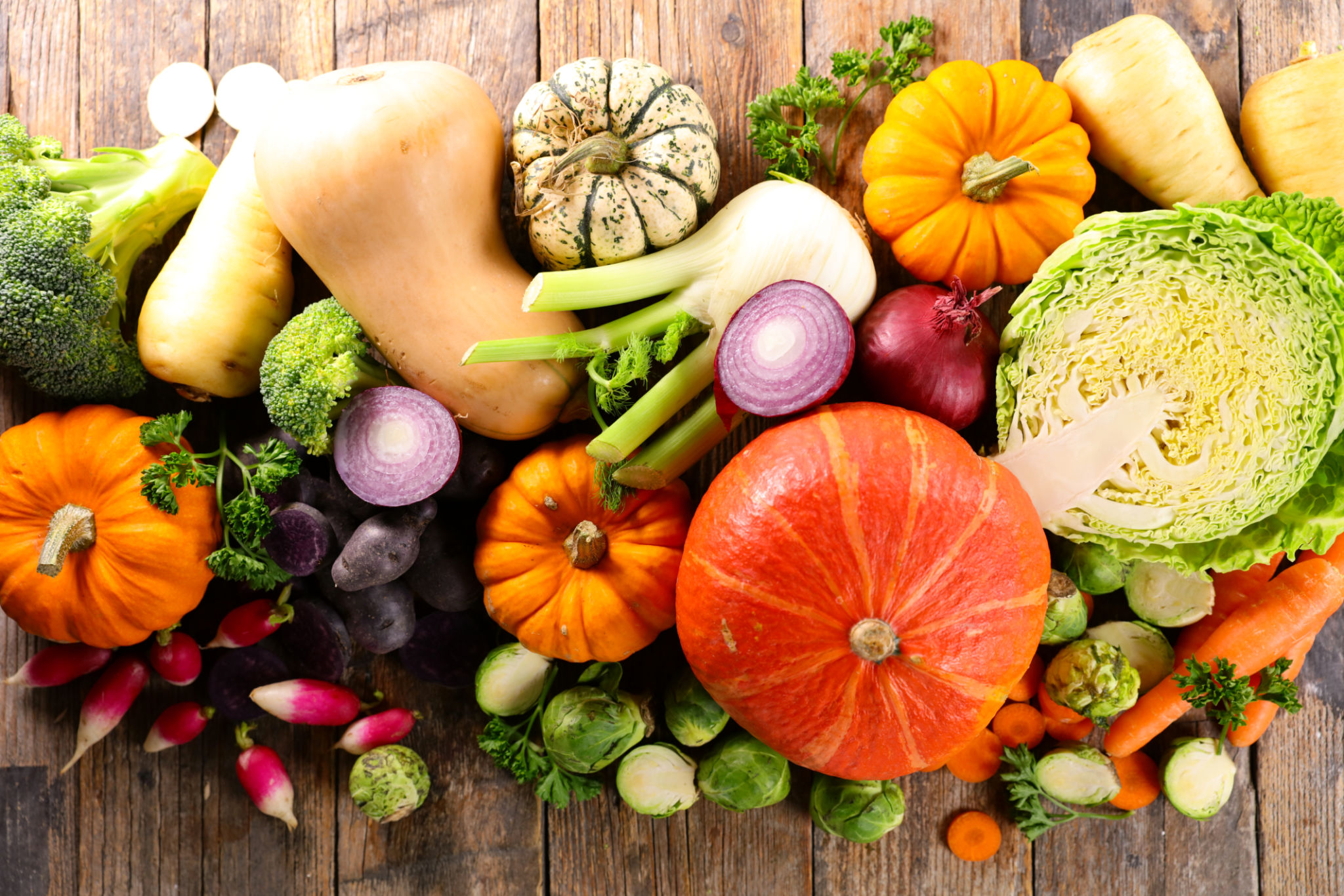RCVM.ORG
- Subcritical CO2 Extraction labs
- SES - 2
- SES-80
- Pure full spectrum raw botanical extracts
- Functional food
- Coffee + Schisandra
- Coffee + Hop extract
- Coffee + Artemisia Annua extract
- Almonds Protein
- Walnuts protein
- Services
- About
- Investor's page
- Blog
- Mare's milk processing
- CO₂ Dry Cleaning
- Subcritical CO₂-Extracted Shikonin for Skin Injury Treatment
Seasonal Superfoods: How Functional Foods Can Boost Your Health Year-Round
Understanding Seasonal Superfoods
As the seasons change, so do the offerings of nature's bounty. Seasonal superfoods are those nutrient-rich foods that are at their peak in terms of flavor and nutritional content during specific times of the year. By incorporating these functional foods into your diet, you can harness their health benefits and enjoy a variety of tastes throughout the year.

The Benefits of Eating Seasonally
Eating seasonally not only supports local agriculture but also allows you to consume produce when it is most fresh and nutritious. Foods that are in season often have higher levels of vitamins, minerals, and antioxidants, which can contribute to better health outcomes. Additionally, seasonal eating is more environmentally sustainable, as it reduces the carbon footprint associated with transporting out-of-season produce from far-away locations.
By embracing seasonal superfoods, you can diversify your diet and provide your body with a wide range of essential nutrients. This practice can lead to improved digestion, enhanced energy levels, and better overall health.
Spring and Summer Superfoods
Spring and summer bring a plethora of vibrant fruits and vegetables. Berries, such as strawberries, blueberries, and raspberries, are packed with antioxidants that help combat inflammation and support heart health. Leafy greens like spinach and kale are rich in vitamins A, C, and K, which are essential for maintaining healthy skin and bones.

Other summer superfoods include tomatoes, cucumbers, and zucchini. These vegetables are hydrating and provide a good source of fiber, which aids in digestion and keeps you feeling full longer. They are perfect for refreshing salads and light meals during warmer months.
Fall and Winter Superfoods
As the weather cools down, root vegetables like sweet potatoes, carrots, and beets become abundant. These hearty superfoods are rich in beta-carotene, an antioxidant that boosts immunity and supports eye health. Additionally, cruciferous vegetables such as broccoli, Brussels sprouts, and cauliflower flourish during the fall and winter months. They contain compounds that may reduce the risk of chronic diseases.

Citrus fruits like oranges, lemons, and grapefruits are also winter favorites. High in vitamin C, these fruits help strengthen the immune system and improve skin health. Incorporating these seasonal superfoods can help you stay healthy during the colder months.
Incorporating Superfoods into Your Diet
Incorporating seasonal superfoods into your daily meals is simpler than you might think. Start by visiting local farmers' markets to discover fresh produce that is in season. Not only will you be supporting small-scale farmers, but you'll also be inspired to try new recipes that highlight these nutritious ingredients.
- Add berries to your breakfast cereal or yogurt for a burst of flavor.
- Use leafy greens as a base for salads or smoothies.
- Roast root vegetables for a comforting side dish.
- Enjoy citrus fruits as a snack or add them to your water for a refreshing twist.

The Year-Round Impact of Superfoods
By consciously choosing to eat seasonal superfoods throughout the year, you can optimize your health while enjoying a diverse array of delicious flavors. These functional foods provide essential nutrients that support various bodily functions and can contribute to disease prevention. By making them a regular part of your diet, you're not only nourishing your body but also connecting with nature's rhythm.
Ultimately, embracing seasonal superfoods is a simple yet effective way to enhance your well-being all year round. So next time you're planning your meals, consider what's in season and let nature's offerings guide you towards a healthier lifestyle.